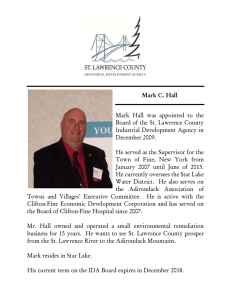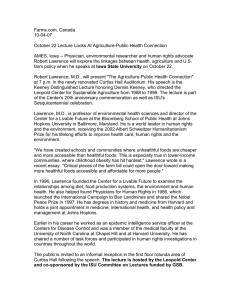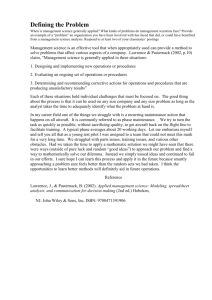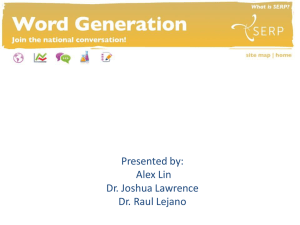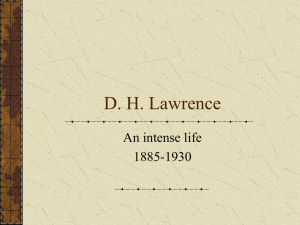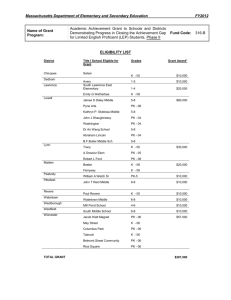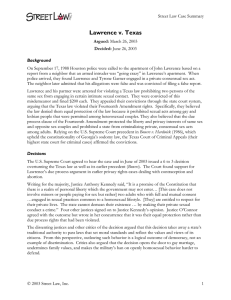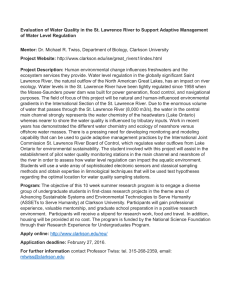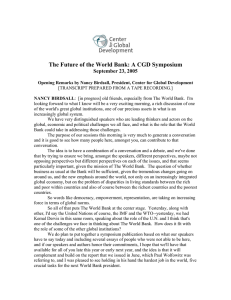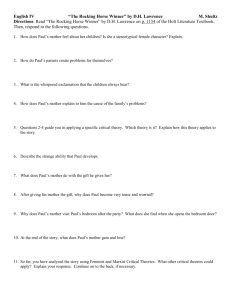Gerald Gunther, “Freedom for the Thought We Hate”
advertisement
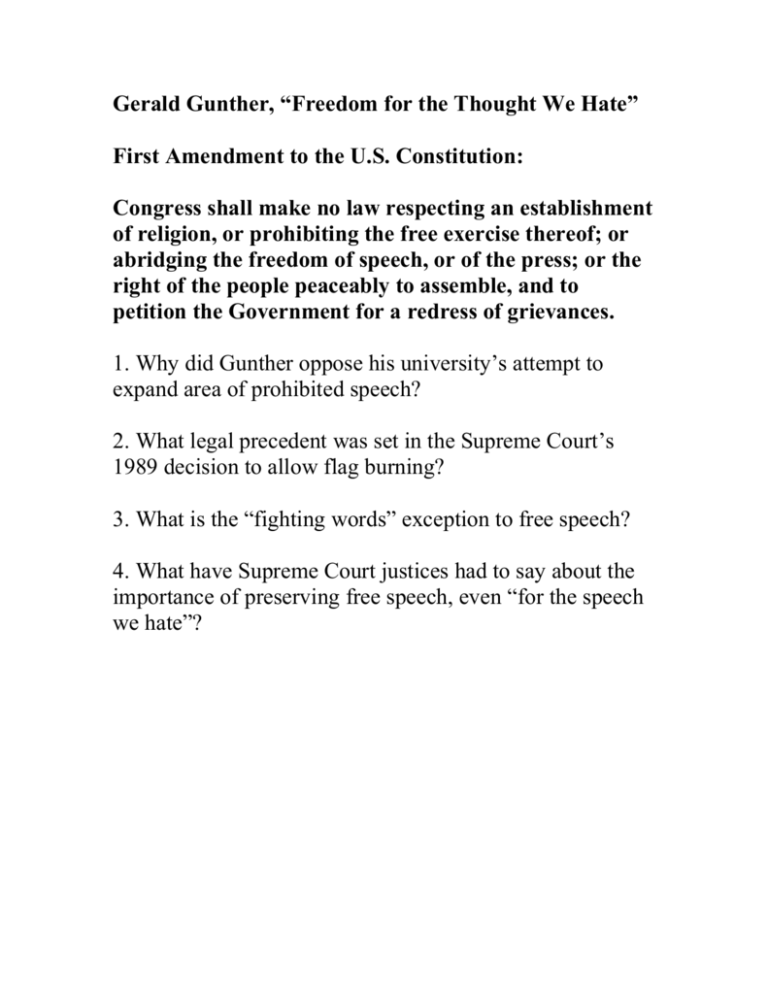
Gerald Gunther, “Freedom for the Thought We Hate” First Amendment to the U.S. Constitution: Congress shall make no law respecting an establishment of religion, or prohibiting the free exercise thereof; or abridging the freedom of speech, or of the press; or the right of the people peaceably to assemble, and to petition the Government for a redress of grievances. 1. Why did Gunther oppose his university’s attempt to expand area of prohibited speech? 2. What legal precedent was set in the Supreme Court’s 1989 decision to allow flag burning? 3. What is the “fighting words” exception to free speech? 4. What have Supreme Court justices had to say about the importance of preserving free speech, even “for the speech we hate”? Charles R. Lawrence III, “Acknowledging the Victims’ Cry” 1. How does Lawrence relate the school desegregation case Brown v. Board of Education to issues of speech? 2. Why does he contend that “assaultive racist speech” does a disservice to free speech? 3. When can offensive speech legally be prohibited? 4. Where on university campuses does Lawrence say offensive racist, sexist, or homophobic speech should be prohibited? 5. What needs to be acknowledged and what action taken before we can reconcile our dual commitments to equality and to free speech, when they appear to be in conflict, according to Lawrence?
